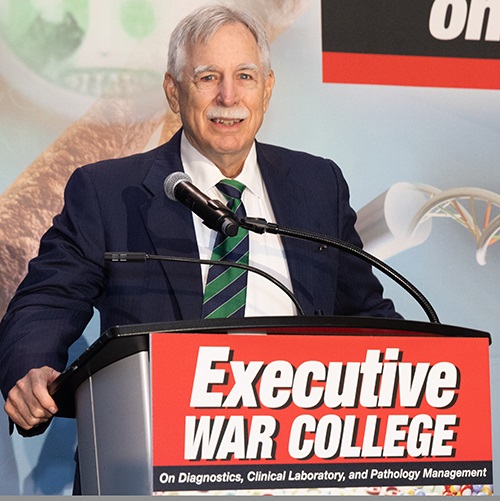Lab Innovation Survival: Breaking the Healthcare Spending Stalemate

The 2025 Executive War College highlighted a critical turning point for clinical laboratories, with industry leaders unanimously emphasizing the urgent need for innovative business models. As healthcare continues to evolve rapidly, traditional laboratory approaches are being challenged by technological advancements, changing patient expectations, and complex economic landscapes.
Executives and thought leaders at the conference passionately discussed how clinical laboratories must transform their strategies to remain competitive and relevant. The discussions centered on developing more agile, technology-driven business models that can adapt to emerging healthcare trends and deliver greater value to patients and healthcare providers.
Key themes included leveraging advanced data analytics, exploring new revenue streams, implementing precision medicine approaches, and creating more integrated and patient-centric service models. The consensus was clear: laboratories that can innovate and reimagine their operational frameworks will be best positioned to thrive in the increasingly dynamic healthcare ecosystem.
The call for reinvention was not just about survival, but about seizing opportunities to become more strategic partners in patient care and medical decision-making. As healthcare continues to shift towards personalized and preventative approaches, clinical laboratories are poised to play a more pivotal role than ever before.
